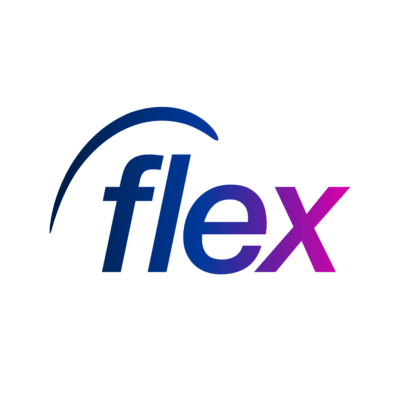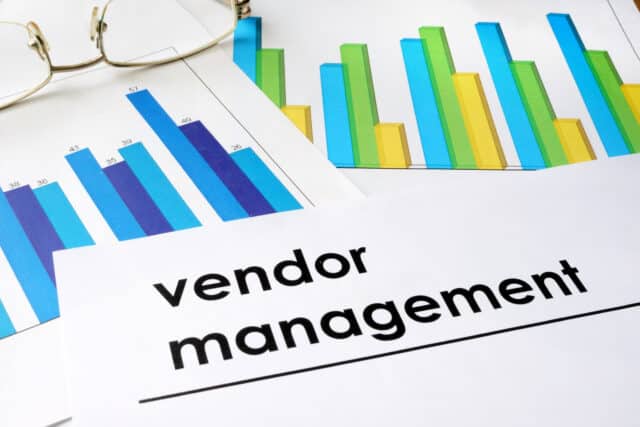
Talent acquisition professionals are seeing a profound transformation in their day-to-day work, driven by the integration of artificial intelligence (AI) and advanced technology. These innovations are not just tools; they are strategic allies enabling organizations to work smarter, faster, and more efficiently. From streamlining recruitment to delivering real-time workforce insights, the future of HR is here, and it’s powered by AI.
You can read all about other ways to future-proof your business, but this blog specifically explores how AI and technology are reshaping talent acquisition, highlighting their impact on recruitment processes and workforce strategies.
1. AI and technology in HR: revolutionizing recruitment
Transforming recruitment processes
AI-driven tools are revolutionizing recruitment, along with almost every other sector, by automating repetitive tasks and streamlining workflows. From screening thousands of resumes in seconds to scheduling interviews, AI enhances efficiency and reduces time-to-hire by up to 50%.
By automating initial candidate assessments, AI enables HR teams to focus on high-value activities, such as engaging with top candidates and making strategic hiring decisions. These tools also ensure consistency and objectivity in recruitment, mitigating unconscious bias.
Enhancing talent acquisition strategies
AI technology allows HR teams to identify, attract, and retain top talent by leveraging predictive analytics and machine learning. Advanced systems analyze candidate behavior, match skills to job requirements, and predict cultural fit, enabling smarter hiring decisions.
For example, AI-powered platforms use data to forecast workforce needs, helping HR teams proactively address skills gaps and optimize recruitment budgets.
2. Smarter, faster hiring with technology
Cutting the time-to-hire
One of AI’s most visible impacts is its ability to drastically reduce time-to-hire, as one of the key recruitment metrics to consider. AI-powered tools can process large volumes of applications instantly, automate interview scheduling, and even conduct pre-screening assessments. These capabilities save valuable time and ensure HR teams can meet tight hiring deadlines.
Enhancing the candidate experience
Candidates expect a seamless and responsive hiring journey, and AI delivers on that promise. AI chatbots provide real-time updates, personalized communication, and instant answers to candidate queries, creating a positive experience that enhances employer branding. HR teams can then focus on building relationships with high-potential candidates.
3. Automation: changing recruitment for the better
Efficiency in recruitment operations
Automation is transforming how recruitment teams manage their operations. Routine tasks like job posting, application tracking, and onboarding are now automated, freeing up HR professionals to focus on strategy and innovation. Companies using automation report productivity gains of over 30%.
For example, AI-driven platforms optimize job postings by analyzing performance data to recommend the best channels for reaching target audiences. This ensures higher visibility and engagement from qualified candidates.
Redefining entry-level roles
With automation taking over repetitive tasks, entry-level roles in HR are shifting to include responsibilities like managing AI tools and interpreting data insights. These roles now demand technical skills, creating opportunities for professionals to grow in a tech-driven environment.
Automated onboarding systems also enhance the candidate journey by ensuring compliance, streamlining document submission, and improving retention rates by 82%.
4. Data-driven decisions: The future of workforce planning
Real-time visibility for smarter hiring
Centralized, real-time data platforms empower HR teams with instant insights into recruitment performance, staffing levels, and hiring costs. These insights enable better decision-making and allow recruitment leaders to identify bottlenecks and improve efficiency.
Organizations leveraging real-time data report a 24% boost in productivity, highlighting the importance of actionable insights in talent acquisition.
Predictive analytics for proactive recruitment
AI-driven predictive tools are transforming workforce planning by helping HR teams forecast hiring needs, identify future skills gaps, and plan for seasonal demand. By using these insights, organizations can reduce last-minute hiring costs and ensure a steady pipeline of talent.
Businesses that implement predictive analytics report 30% efficiency gains, showcasing the strategic value of data in recruitment.
Embracing technology as a recruitment ally
AI and advanced technology are reshaping HR practices, enabling organizations to recruit with greater agility, precision, and efficiency. By automating time-consuming tasks and providing actionable insights, these tools empower HR professionals to focus on their most important asset—people.
Organizations that embrace AI in recruitment will lead the way, building agile, engaged, and high-performing teams that are ready to meet the challenges of tomorrow. To find out more, reach out for a free consultation.
Book a demo
Discover a staffing solution tailored to suit your business requirements








